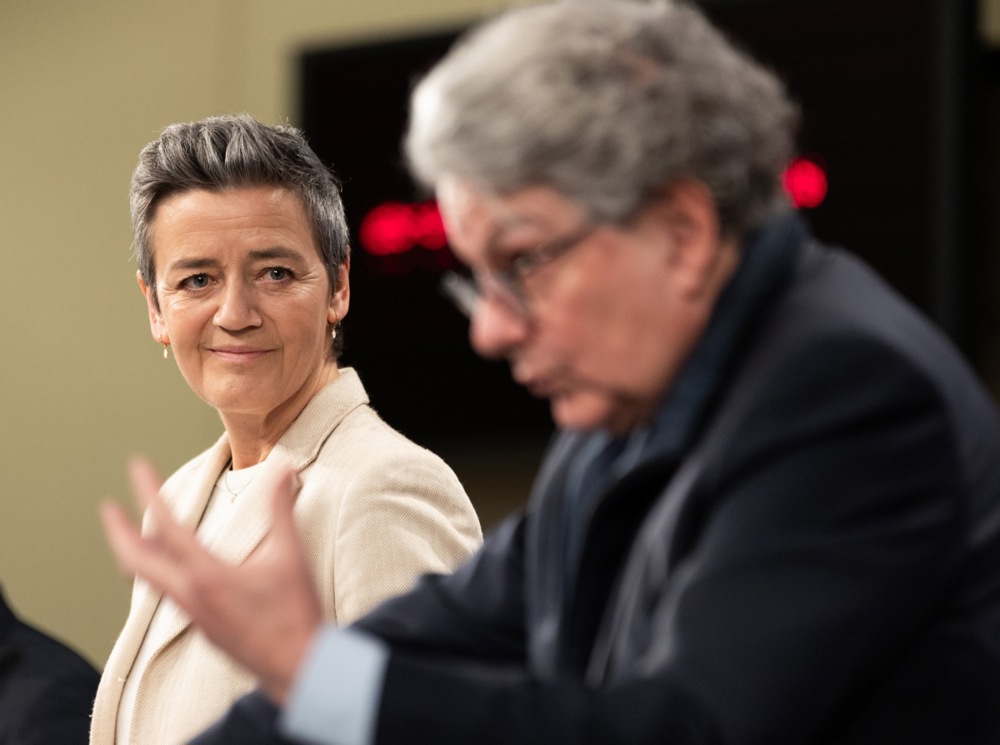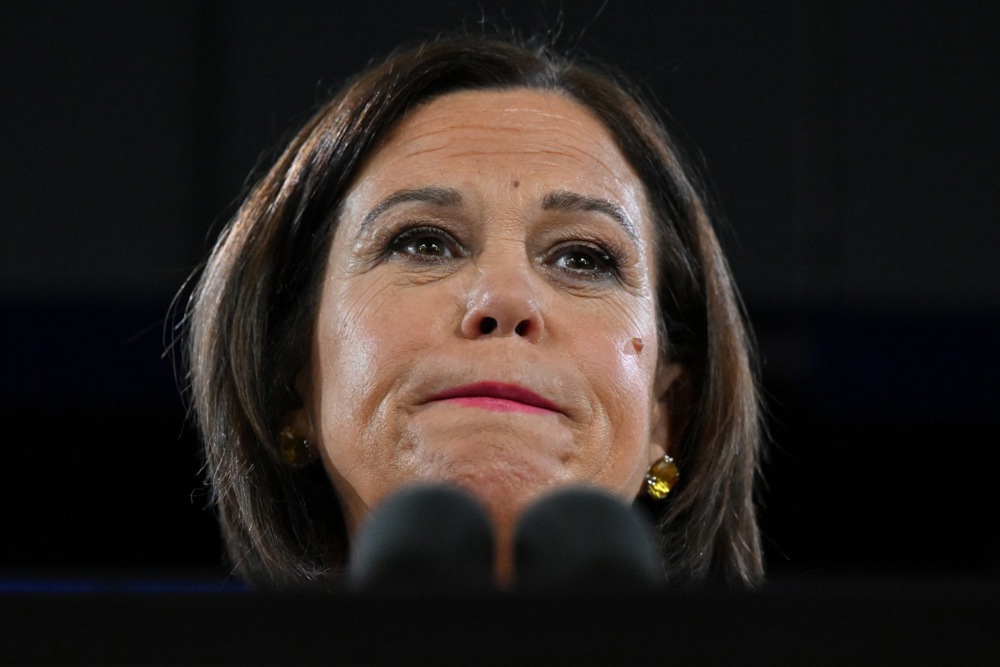There is no evidence that any kind of “major disinformation incident” took place during the EU elections in June, the European Commission has admitted.
Brussels had hyped up the potential of fake news campaigns on social media — possibly backed by foreign actors — heading into the vote, which returned a majority conservative parliament last month.
According to a report published by the European Board for Digital Services, while there was some sort of increase in online misinformation overall in the run-up to the vote, no major disinformation effort was ever detected.
“[The European Digital Media Observatory] did not detect any major disinformation incident during the elections,” it said.
The report went on to speculate that the reason for the lack of any type of electoral disinfo campaign could have been down to member-state authorities using the Digital Services Act to clamp down on alleged misinformation at an early stage.
“[I]t is also possible that growing awareness about the risks of disinformation together with the strong readiness of all relevant stakeholders could have deterred malicious actors,” the report added.
“In this way, probably through this high level of preparedness during the European elections, no known major or systemic incidents or issues were reported.”
With European elections only two months away, and increasing worries about cyber threats, the European Commission has published recommended anti-disinformation measures for social media and search engines. https://t.co/hcPujA8pH5
— Brussels Signal (@brusselssignal) March 28, 2024
The report appears to dispute claims made by mainstream media outlets in the run-up to the elections.
On June 5, the Associated Press ran a report claiming that foreign actors such as Russia could use artificial intelligence to “supercharge” online propaganda campaigns on social media to “disrupt the election”.
This was followed by a June 7 article published in the New York Times, which claimed that there was an “abundance of deceptive content aimed at voters electing a new European Parliament” being circulated online, especially to do with the farmers’ protests ongoing at the time.
It in particular highlighted so-called “smear campaigns” against European Commission President Ursula von der Leyen, citing the European External Action Service-backed East StratCom Task Force.
While the report now indicates such “disinformation” efforts — if they existed — played no major role, the June vote nevertheless marked a sizeable shift right for the parliament.
A total of 375 MEPs now belong to the European People’s Party, the European Conservatives and Reformists, the Patriots for Europe and the Europe of Sovereign Nations group, representing over half of the parliament.
There has also been an increase in politicians representing the socially conservative left, with parties such as Slovakia’s SMER and Germany’s Sahra Wagenknecht Alliance promoting a statist economic platform alongside family and national values.
Spanish PM Pedro Sánchez will disburse €100 million from European Funds to fight media “disinformation”, he announced this week. https://t.co/Rtwwr91Dir
— Brussels Signal (@brusselssignal) July 18, 2024





